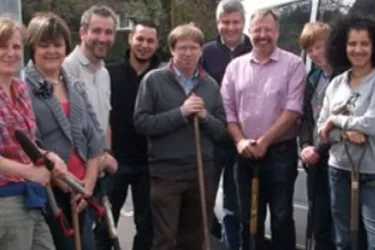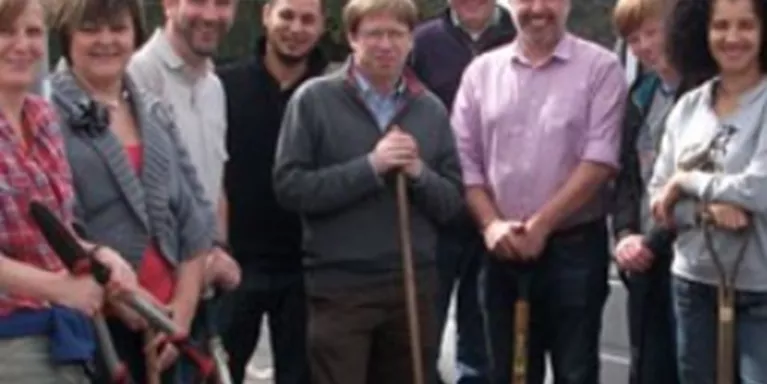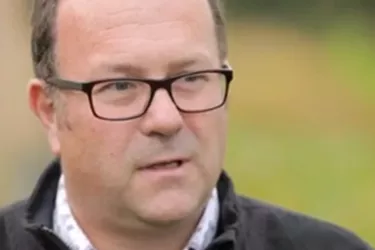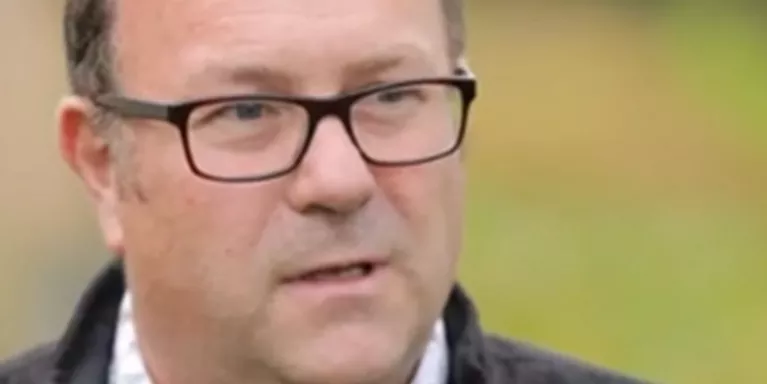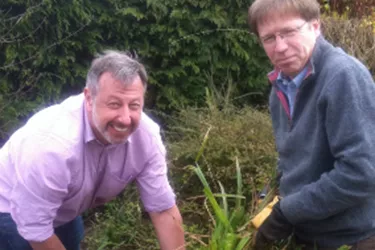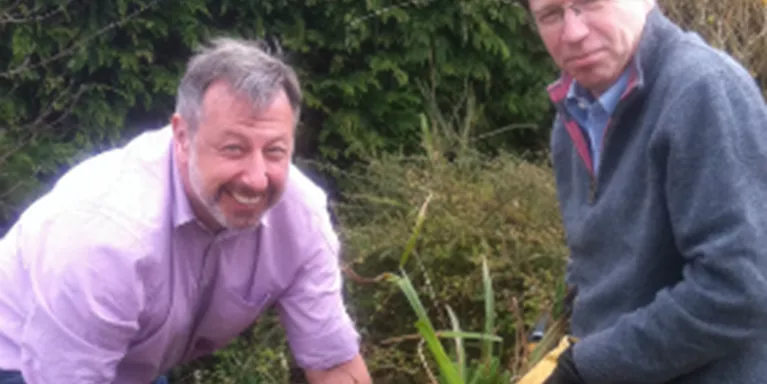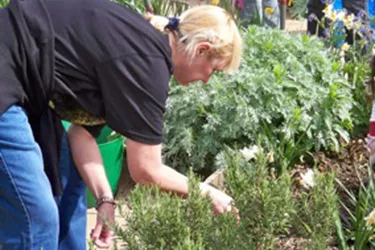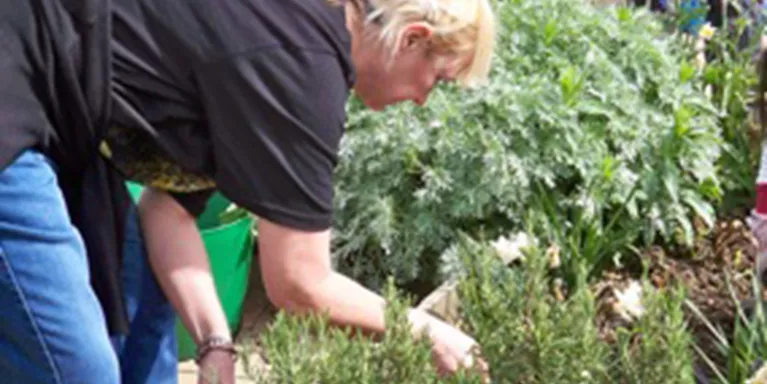Ecotherapy works
Paul Farmer, CEO, calls on people to support Mind's new campaign for ecotherapy.
Earlier this year I heard a powerful testimony from a woman called Emma at a conference I attended. Emma was talking about ecotherapy. She convinced a group of sceptical health professionals that nature and green spaces are just as important as any other treatment, and that ecotherapy should be available on the NHS. Our lottery-funded scheme, Ecominds, went a step further.
Today, we are calling on all those with a role in planning, commissioning and delivering health and social care services, as well as those tasked with helping us to stay healthy, to ensure that ecotherapy is part of the menu of services that keep us resilient and well.
Back in 2007, Mind’s published Ecotherapy: The green agenda for mental health – a report which made a strong argument for taking ecotherapy seriously. The Big Lottery Fund (BIG) decided it was worth funding a programme using nature and conservation-based activities to improve mental wellbeing as part of their flagship environmental programme, Changing Spaces. BIG gave us £7.5m to deliver the programme.
With that money we supported 130 projects over the past five years. In that time, we showed that ecotherapy really works: participants’ stories are a testimony to this. I’ve seen first hand what the projects we supported have achieved – sometimes with very little money. I’m grateful to BIG for having allowing Mind to oversee the programme.
The evidence from Ecominds shows how mental wellbeing can be boosted, even after very short periods of time, through ecotherapy. It get people physically active outdoors, and is especially good for those of us who baulk at the prospect of lycra or the dreaded word ‘gym’. It’s also a solution for those who struggle to find work; it gives them the structure of work, and a chance to learn new skills and sometimes qualifications in a non-pressurised environment. Crucially, it allows socially isolated people to feel more connected.
Ecotherapy is beneficial for everyone – but especially for people with a mental health problem or those at risk of developing one, offering focus and care that is person-centred, non-intrusive and empowering.
At a time when commissioners face financial, social and environmental challenges in meeting the health needs of local people, ecotherapy needs to be seriously considered as a preventative service, an early intervention, and treatment option – all in one service.
Ecominds has created a network of 130 ecotherapy centres; 57 are our own local Minds, others are environmental and health charities providing similar services. Some commissioners have already seen the value of these, and our experience from Ecominds tells us that many GPs and Community Mental Health teams are convinced about its effectiveness, too.
There’s a real opportunity for clinical commissioners, public health and social care teams to pool budgets and commission services together to provide effective support through ecotherapy, locally and everywhere.
That’s why we are calling on our supporters to email their Health and Wellbeing Board Chair and be an advocate for ecotherapy in your area.


Information and support
When you’re living with a mental health problem, or supporting someone who is, having access to the right information - about a condition, treatment options, or practical issues - is vital. Visit our information pages to find out more.
Share your story with others
Blogs and stories can show that people with mental health problems are cared about, understood and listened to. We can use it to challenge the status quo and change attitudes.










